World Religion Day is a special occasion celebrated globally to promote understanding and respect among people of different faiths. For children in Key Stage 1 & 2, this day offers a valuable opportunity to learn about the diversity of religious practices, beliefs, and traditions, encouraging empathy and global citizenship.
What is World Religion Day?
World Religion Day is celebrated on the third Sunday of January each year. Established in 1950 by the Bahá'í faith, it emphasises the idea that all religions share common values, encouraging unity among people of various beliefs. The day serves as a platform to explore how different faiths contribute to the world’s cultural and moral fabric.
Why is World Religion Day Important for Children?
Promoting Understanding and Respect
Understanding other religions helps children appreciate diversity and recognise the commonalities that unite humanity. This fosters respect and discourages prejudice from an early age.
Building a Foundation for Global Citizenship
By learning about various faiths and cultures, children develop a broader worldview. This prepares them to navigate a diverse society and become compassionate, informed citizens.
How to Celebrate World Religion Day in Schools
Organising Classroom Discussions
Teachers can start by introducing the concept of religion and asking students to share what they know about different faiths. Guided discussions can help dispel myths and answer questions in a safe, inclusive environment.
Activities to Promote Awareness
- Interactive quizzes on world religions.
- Art projects inspired by religious symbols or traditions.
- Storytime featuring tales from various cultures.
Encouraging Creative Projects
Encourage students to create posters, write essays, or perform skits about themes like unity, love, and compassion.
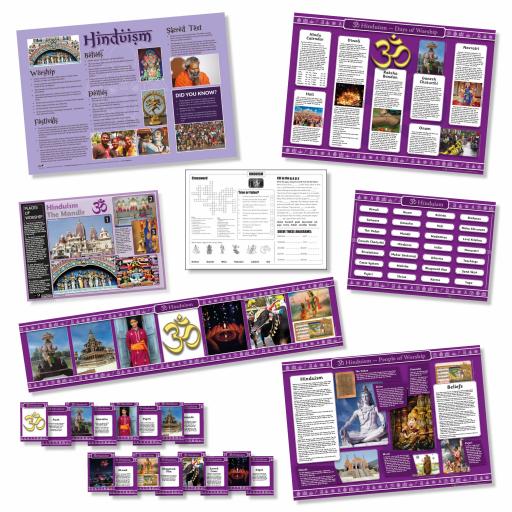
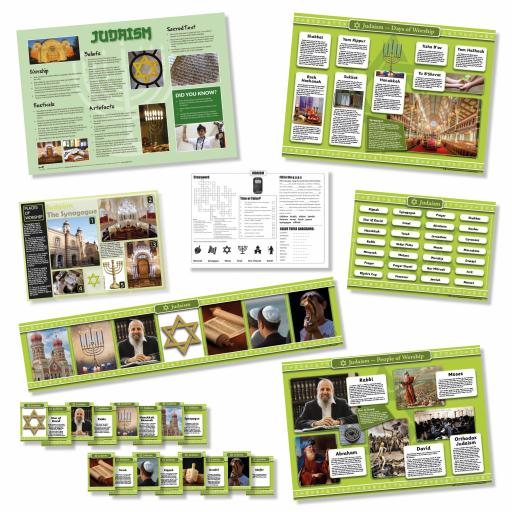
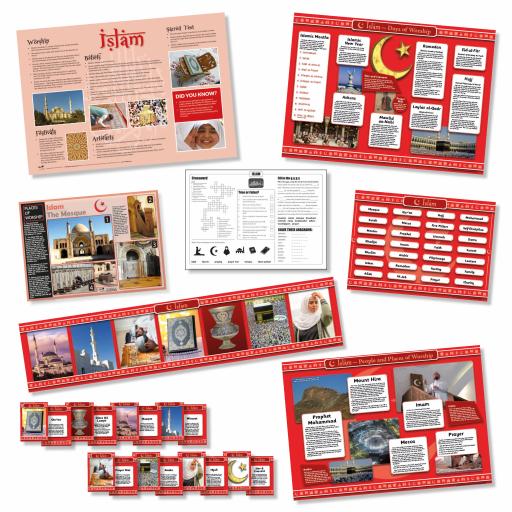
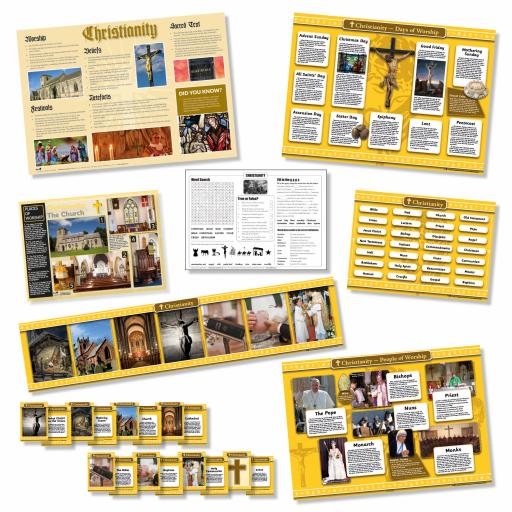
Introducing Major World Religions
Christianity: Beliefs and Practices
Christianity, the world's largest religion, is based on the teachings of Jesus Christ. Key concepts include love, forgiveness, and the importance of helping others.
Islam: Faith and Community
Muslims follow Islam, guided by the Qur’an. Practices like prayer, fasting during Ramadan, and acts of charity emphasise devotion and kindness.
Hinduism: Traditions and Teachings
Hinduism is known for its rich cultural traditions, including festivals like Diwali and Holi. Core beliefs revolve around karma, dharma, and the cycle of rebirth.
Buddhism: Peace and Enlightenment
Founded by Siddhartha Gautama, Buddhism teaches mindfulness, compassion, and the pursuit of inner peace through meditation and ethical living.
Judaism: A Rich Cultural Heritage
Judaism is rooted in the Torah and emphasises family, community, and rituals like Sabbath observance.
Other World Religions and Philosophies
Introduce children to Sikhism, Jainism, and indigenous spiritual practices to provide a well-rounded understanding of global faiths.
Core Values Shared Across Religions
Love and Compassion
Most religions teach the importance of treating others with kindness and empathy.
The Golden Rule
The principle of treating others as one wishes to be treated is a universal tenet found in nearly all faiths.
Community and Service
Religions often encourage helping others and contributing to society.
Practical Ideas for Educators
Using Artefacts to Teach Religion
Bring religious artefacts like prayer mats, menorahs, or crosses into the classroom to make lessons more tangible and engaging.
Storytelling as a Tool for Learning
Share stories from religious texts or folklore to capture students’ imaginations while imparting moral lessons.
Role-Playing Activities
Let children act out scenarios related to religious traditions or festivals to deepen their understanding.
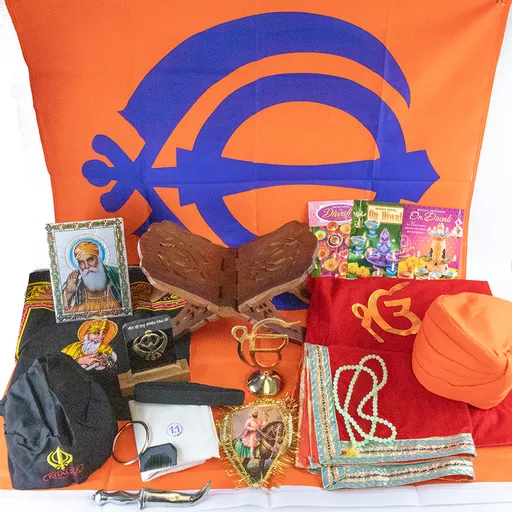



Inspiring Children Through Religious Festivals
Celebrating Christmas, Diwali, Ramadan, and More
Highlighting festivals from different religions allows students to experience the joy and significance of these occasions.
Lessons from Cultural Celebrations
Explain the values and lessons behind these events, such as generosity during Ramadan or the triumph of good over evil in Diwali.
Addressing Misconceptions and Stereotypes
Encouraging Open Conversations
Create an environment where students feel comfortable asking questions about religions and cultures.
Breaking Down Barriers Through Education
Teach children to challenge stereotypes and understand the beauty of diversity.
Frequently Asked Questions About World Religion Day for Key Stage 1 & 2
-
What is the purpose of World Religion Day? World Religion Day promotes understanding and unity among people of different faiths.
-
Why is it important to teach children about religion? Teaching religion helps children appreciate diversity, develop respect, and build a global perspective.
-
What are some classroom activities for World Religion Day? Activities include storytelling, creative projects, and discussions about shared values.
-
Which religions should be introduced to Key Stage 1 & 2 students? Focus on major world religions like Christianity, Islam, Hinduism, Buddhism, and Judaism, along with smaller faiths and philosophies.
-
How can teachers address stereotypes about religion? Encourage open discussions, provide accurate information, and emphasize common values across faiths.
-
What resources can educators use for World Religion Day? Artefacts, storybooks, videos, and interactive activities are excellent tools.
Conclusion: The Importance of Celebrating Unity and Diversity
World Religion Day is a chance to teach children about the beauty of diversity while emphasising the shared values that unite us. By celebrating this day in Key Stage 1 & 2 classrooms, educators can inspire young minds to appreciate, respect, and embrace the richness of the world’s faiths.


















